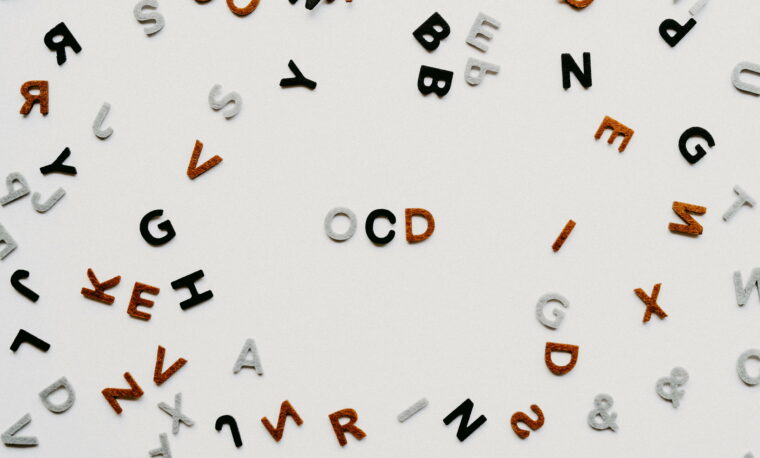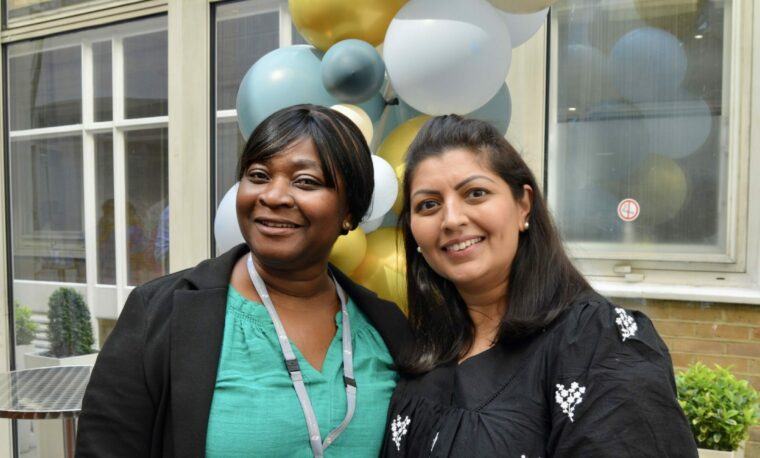What is body dysmorphic disorder (BDD)?
Body dysmorphic disorder (BDD) is an anxiety disorder linked to body image. Sufferers of BDD will spend an obsessional amount of time worrying about one or more perceived flaws in their physical appearance. Often, these ‘flaws’ can be minor and not usually recognised by others.
When someone has body dysmorphic disorder, they will intensely focus on appearance and body image. This can lead to constantly checking themselves in the mirror, seeking reassurance from others or grooming themselves.
These obsessional behaviours can often occupy many hours each day in the lives of sufferers. As a result, BDD can cause severe emotional distress and impact someone’s ability to carry out day-to-day responsibilities.
BDD typically develops in the early teenage years in both males and females, however, it can occur at any age.
If untreated, BDD can lead to other mental health problems, including social anxiety, isolation, depression and anxiety, mood disorders, alcohol or drug misuse, eating disorders, self-harm and suicidal thoughts.
It can vary in severity from person to person; however with treatment, one can make a recovery from BDD.
Symptoms of body dysmorphic disorder (BDD)
Symptoms of body dysmorphic disorder (BDD) include:
- Worrying a lot about a specific area/s of your body (usually the face)
- Being extremely preoccupied about a perceived flaw in your appearance, that others either cannot recognise or is extremely minor
- Spend a lot of time comparing your physical appearance to others
- Developing obsessional behaviours, such as staring in the mirror, or avoiding mirrors altogether, or picking your skin
- Frequently seeking validation and reassurance from others
- Going to large amounts of effort to conceal ‘flaws’; such as excessive time spent on applying makeup or trying on clothes
- Seeking cosmetic procedures with little satisfaction
- Avoiding social situations due to feelings of shame and embarrassment
Treatment for body dysmorphic disorder (BDD)
Several different treatments are available at Nightingale Hospital London for body dysmorphic disorder (BDD). You may access these treatments or therapies as an outpatient or inpatient.
OCD and related disorders inpatient unit at Nightingale Hospital
The OCD and related disorders unit at Nightingale Hospital is a 6-bedded inpatient service, dedicated to treating patients with OCD. It is a private and unique service, specialising in the intensive delivery of cognitive behaviour therapy (CBT). The unit is under the leadership of world-renowned expert, Professor David Veale.
Although it is described as an OCD unit, it also provides treatment for OCD-related disorders such as body dysmorphic disorder (BDD), health anxiety and emetophobia (fear of vomiting).
An inpatient admission will usually be suggested if:
- Your symptoms are very severe, you cannot look after yourself properly or you have thoughts about suicide
- You have other serious mental health problems, such as an eating disorder, schizophrenia, psychosis or a severe depression
- Your OCD prevents you from getting to a clinic for treatment
Therapy for body dysmorphic disorder (BDD)
- Cognitive Behavioural Therapy is a goal-directed, systematic, and problem-solving therapeutic approach that focuses on how we think and act to help overcome and manage emotional difficulties.
Medication for body dysmorphic disorder (BDD)
Medication is an evidence-based and proven treatment for BDD. Medication may help sufferers feel less anxious, and cope with stressors better so that they can start to enjoy life and deal with problems effectively again.
Helping a loved one with body dysmorphic disorder (BDD)
Encourage them to seek help
If you’re concerned someone may be showing signs of body dysmorphic disorder, encourage them to seek help. They should schedule an appointment with their local GP.
Accept their feelings
Even if you don’t understand their feelings or actions, accept and recognise that they are finding it difficult to cope. People with BDD often feel a large amount of shame surrounding their condition, which can prevent them from seeking professional or emotional support.












